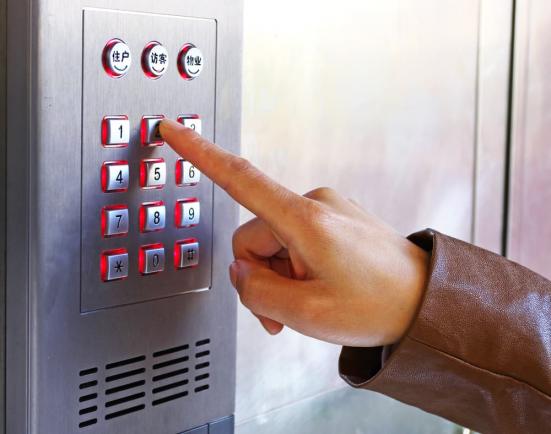
If hearing noises around your house conjures memories of Maurice Sendak's children's story involving Max and the wild things he encounters inside his room one night, you may want to consider a home security system.
In 2011, over 1.9 million burglaries occurred in the U.S. Seventy-four percent of those burglaries occurred at a residence and more than half of those residential burglaries, 750,000 of them, occurred during the day. One way to combat burglaries is a home security system. Here are some answers to common questions along with tips about purchasing a home security system.
Is it just for outside doors?
Systems also watch for smoke, fire and carbon monoxide within the home and dispatch emergency responders accordingly. Other areas like medicine cabinets and gun closets can have alarms as well. You'll receive an email or text message if the alarmed item is opened.
What if I can't get to the keypad quick enough?
Voice control systems are available. While many systems require you to enter a pass code to alarm or deactivate the system, two-way voice systems exist. If the alarm sounds you can turn off your system just by using a verbal password.
What if something breaks?
A good home monitoring company stands by their equipment so if there's a problem with or breakage to their equipment, they'll fix it for you. Others offer to pay costs above your insurance deductible should your home be broken into while on their watch.
How much will it cost monthly?
Basic monitoring ranges from $20-60 per month but with choices such as video surveillance, glass break sensors, pet immunity, water alarms, temperature control, weather forecasts and even medical monitoring, home security companies will try to up sell you on their products. Decide what's important to you before you call any company to avoid buying more than your budget will allow.
Is the system really free?
Home security companies are a lot like TV companies. Just as you can get a free cable box but must pay to have it installed, home monitoring equipment could be offered free of charge but it still requires a certified technician to install it and a commitment to stay with that company for an extended period. It's wise to double-check what you'll be required to pay up front and sign-up for when scheduling an installation.
Will I save on homeowner's insurance?
Your home insurance rates may decrease slightly as most homeowner policies include a discount for having an installed and actively monitored home security system. The monthly savings is typically between 10-20%. Don't be fooled however; this is potentially just a few bucks a month in savings. A quick call to your insurance agent can give you the exact details.
What if I don't have a home telephone?
You don't need a landline home phone to have a home monitoring system. Your phone company may tell you otherwise, but smartphone technology allows you to program your security system and be reached via cell phone in case of a problem.
Which are the best companies out there?
Ask friends or neighbors who they use or review online ratings about home security systems before making your decision.
Can I do it myself?
There are DIY options out there. Buying your own equipment online can save you a considerable amount of money. You do need to find a certified monitoring company that works with DIY users.
If a monitored home security system isn't right for you be sure to take other precautions. Lock your doors and windows and trim shrubbery away from them. Install motion-sensor lights outside. Give a trusted neighbor a spare key instead of hiding it in the usual spots like under a doormat or in a "key rock."� Use a peephole or a window to check and see who's knocking before opening your door. And if you didn't call for a salesperson or contractor don't let them in.
When you take care of protecting your home you won't need to worry when "the wild rumpus" starts!

